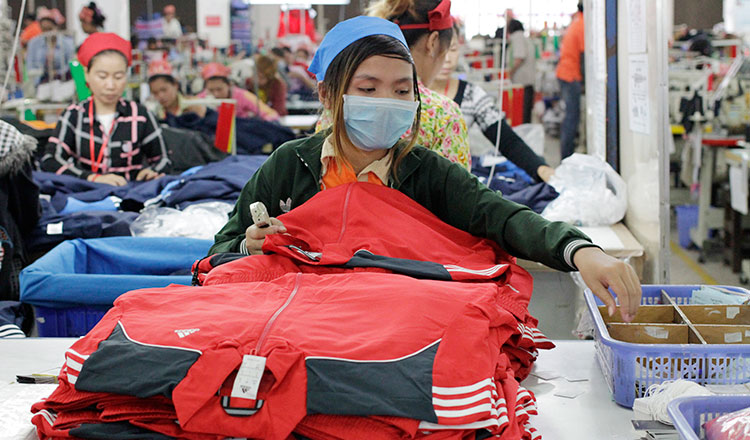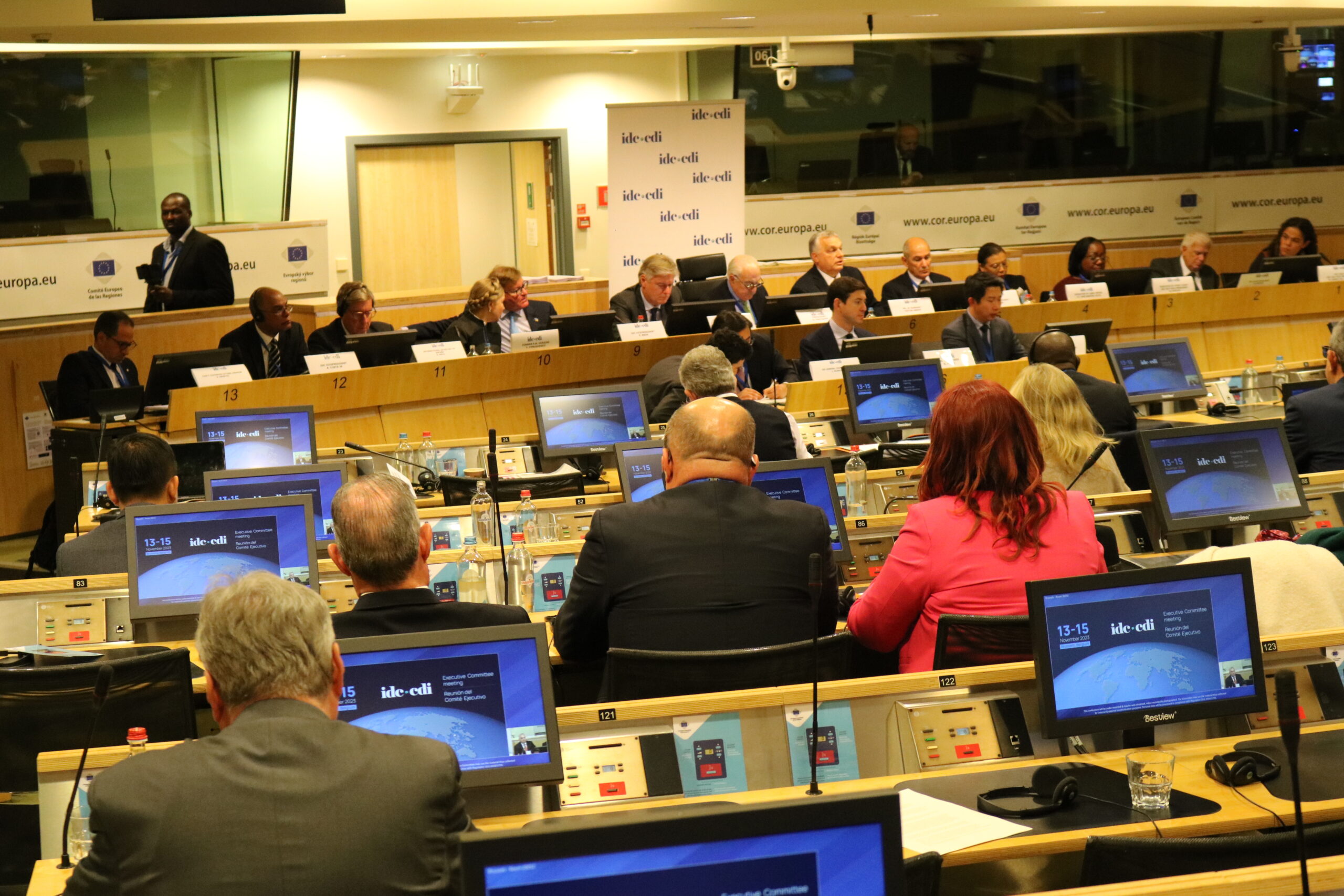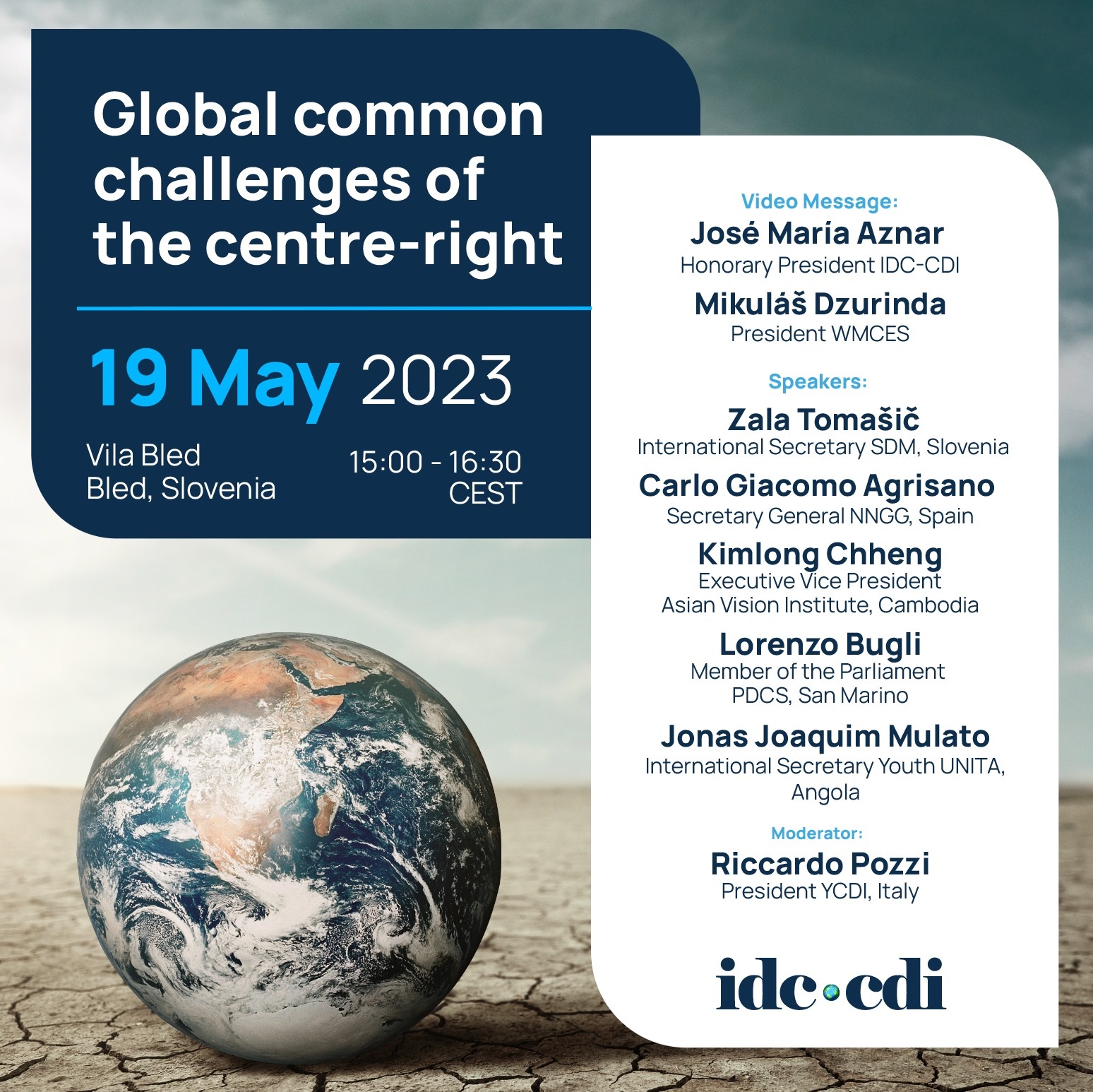PAN Senator Jorge Ocejo stressed that for Christians political action is a duty, and that a democracy is sustained by religious freedom and pluralism.
The President of the Christian Democrat Organization of America (ODCA), Senator Jorge Ocejo, when inaugurating the Political Participation by Christian and Reformed Democracy Symposium, stated that “democracy is sustained by citizens exercising their freedoms, especially their freedom of expression and religious freedom, and pluralism.”
The forum, at which evangelical Christians’ position with regards to political participation was formulated, saw participation by the members of more than 200 churches: Presbyterians, Methodists, Pentecostals, Neo-Pentecostals and others. The forum was organized by the ODCA, Family Ministries International, the Konrad Adenauer Foundation and Mexico’s PAN: Partido de Acción Nacional (National Action Party).
The President of the ODCA noted that “the participation of Christians in policy is not an option, but rather a duty, due to their twofold status as Christians and citizens.” He stressed the contributions of Christians and humanists to the development of contemporary democracy, the Universal Declaration of Human Rights, and the generation of a political, economic and social culture designed to achieve the comprehensive development of the human being.”
Carlos Cebreros, president of the Ministries for the Family Network, a world-wide group made up of evangelical Christians, underscored that the forum was meant to raise awareness amongst evangelicals of the fact that they ought to be more politically active.
Cebreros, who participated on a panel with churches at the start of former President Fox’s six- year term, clarified that nobody was seeking to force evangelicals to vote. “The aim is for evangelicals to exhibit greater political participation, learn about the different political positions, and identify those that coincide with our values, like the right to life from the moment of conception, religious freedom, and respect for Christians’ model of the family.”
In reference to the Symposium’s conclusions, Rodrigo Iván Cortés, Secretary of International Relations for the PAN, stated that “in the same way that Germany and Europe were able to reconstruct themselves after World War II, with evangelicals and Catholic Christians working together, in Mexico and America they can join forces for the reconstruction of the social fabric, including the defense and promotion of human dignity, the family, and religious freedom, which form part of Christian democracy’s precious legacy.”
The forum, held at the Hotel Sevilla Palace, featured Roy Clouser, a professor at Redeemer College (New Jersey); Jim Skillen, with the Center for Public Justice (Washington); Manuel Gómez Granados, ex-president of the Mexican Institute of Christian Social Doctrine (IMDOSOC); Eduardo Fernández, Vice-president of ODCA (Venezuela); and Adolfo García de la Sienra, Director of Philosophy at Veracruzana University.
The Symposium, closed by Frank Priess, a representative of the Konrad Adenauer Foundation, addressed the following topics: “Foundations for Christian Politics,” “Christian Social Doctrine and Political Participation,” “Public Justice,” “Christian Democracy in Latin America” and “Reformative Politics for Mexico.”








